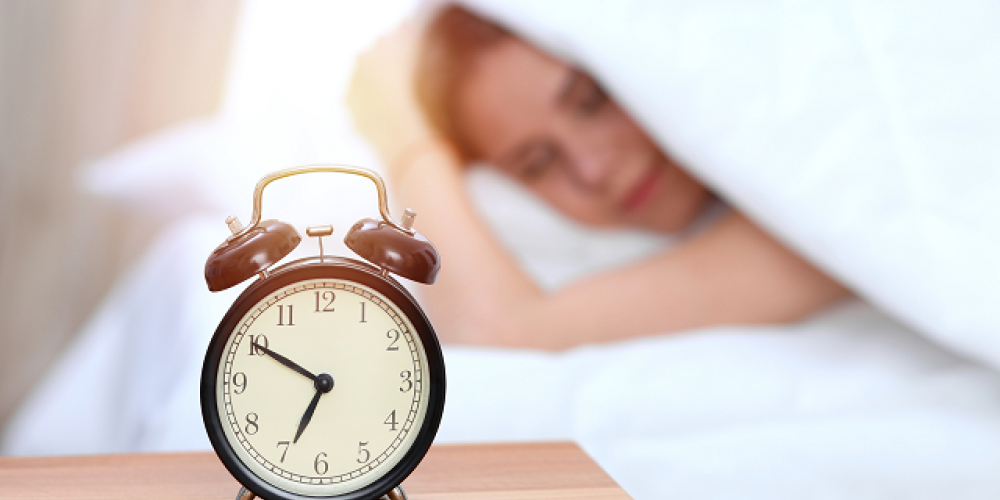
Get Enough Sleep
Prioritising sleep is an essential component of self-care and overall health. A good night's sleep can improve your mood, cognitive function, and physical well-being. Developing healthy sleep habits and maintaining a consistent sleep schedule can help you get the rest you need to feel your best.
Getting enough sleep is essential for your physical and mental well-being. Here are some tips to help you improve your sleep quality and establish healthy sleep habits:
- Create a Consistent Schedule: Try to go to bed and wake up at the same time every day, even on weekends. This helps regulate your body's internal clock.
- Limit Naps: If you take naps during the day, keep them short (20-30 minutes) and early in the day to avoid interfering with nighttime sleep.
- Establish a Bedtime Routine: Develop a calming pre-sleep routine that signals to your body that it's time to wind down. This might include reading, taking a warm bath, or practicing relaxation techniques.
- Create a Comfortable Sleep Environment: Ensure your bedroom is dark, quiet, and cool. Invest in a comfortable mattress and pillows.
- Limit Screen Time Before Bed: The blue light emitted by screens can interfere with your sleep. Avoid screens (phones, tablets, computers, and TVs) for at least an hour before bedtime.
- Watch Your Diet: Avoid large meals, caffeine, and alcohol close to bedtime, as they can disrupt sleep.
- Exercise Regularly: Regular physical activity can promote better sleep, but avoid vigorous exercise close to bedtime.
- Manage Stress: Practice stress-reduction techniques like mindfulness, deep breathing, or meditation to calm your mind before sleep.
- Limit Liquid Intake Before Bed: Minimize your consumption of liquids in the evening to reduce nighttime awakenings for trips to the bathroom.
- Daylight Exposure: Spend time outdoors during daylight hours, as exposure to natural light helps regulate your body's sleep-wake cycle.
- Limit Clock Watching: Avoid constantly checking the time if you wake up during the night, as it can create anxiety about not getting enough sleep.
- Create a "To-Do" List: If your mind is racing with thoughts of what you need to do the next day, jot down a to-do list to clear your mind.
- Use White Noise or Relaxing Sounds: Some people find white noise machines or soothing sounds (e.g., ocean waves or rain) helpful for falling and staying asleep.
- Limit Bedroom Activities: Use your bedroom primarily for sleep and intimate activities. Avoid working or watching TV in bed.
- Consult a Healthcare Professional: If you consistently struggle with sleep, consider consulting a healthcare professional, such as a sleep specialist or therapist.
- Medication as a Last Resort: Medications should be a last resort for sleep problems and only used under the guidance of a healthcare professional.
Healers and Psychics Admin
12 November 2023
Want to see your details here?
Add your business to the Healers & Psychics directory today!









